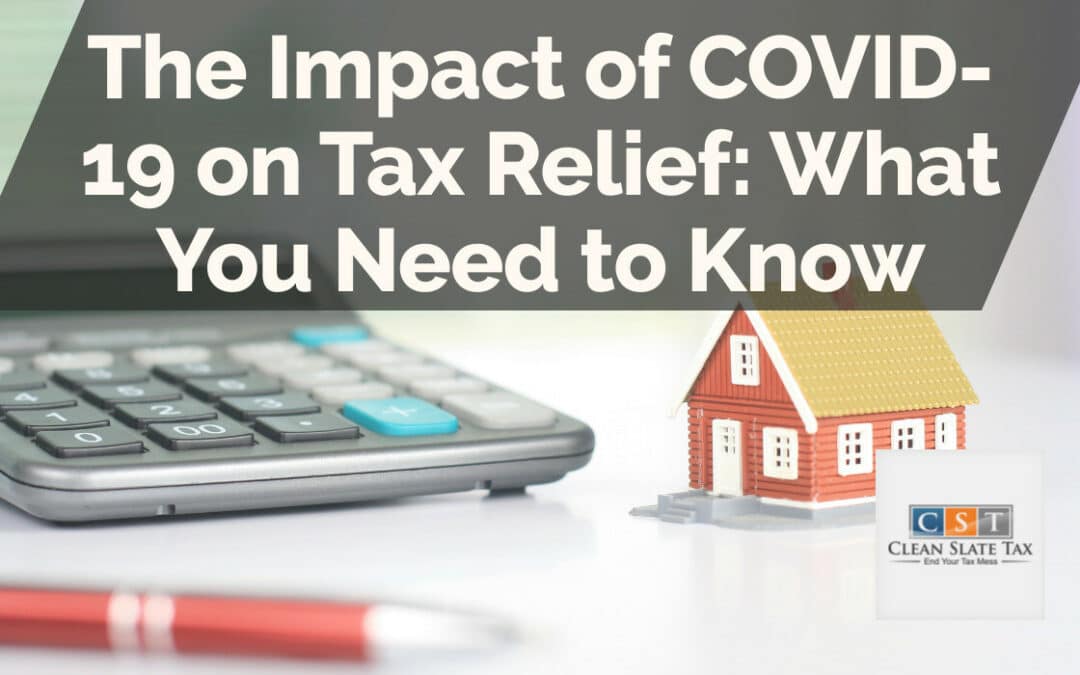The COVID-19 pandemic has not only affected the health and lifestyle of millions but has also overturned their financial stability owing to job loss, salary cuts, and the slowing down of businesses. To ease this hardship, the government introduced various tax relief measures. This article unveils critical tax relief changes and opportunities arising due to COVID-19 and provides a sectarian understanding of the topic under different categories.
Tax Relief Measures
Following the pandemic, governments worldwide introduced numerous tax relief measures, including tax deadlines extension, tax deductions, and tax credits. These initiatives have been designed to help individuals and businesses cope with the adverse economic impacts.
Postponed Tax Deadlines
One of the significant relief measures is the extension of the tax deadlines. For instance, the IRS postponed the Federal income tax filing due date for the tax year 2020 from April 15, 2021, to May 17, 2021. This gave taxpayers an additional time to navigate their financial circumstances.
Tax Deductions and Credit
Authorities arouse several tax deductions and credits to support affected businesses. This includes the Employee Retention Credit (ERC) designed to encourage businesses to retain their employees during the times of hardship.
Stimulus Checks
The government also released several rounds of stimulus checks to help people through the economic fallout of the pandemic. The eligibility criteria for these checks were based on factors like income level, dependent status, and more.
Frequently Asked Questions
-
Can I claim pandemic-related expenses on my tax?
Yes, if you are self-employed or have a home office for your work, you may be eligible for certain pandemic-related tax deductions.
-
What happens if I didn’t receive my stimulus check?
If you didn’t receive a stimulus check and you were eligible, you can claim the Recovery Rebate Credit on your 2020 tax return.
-
What is the Employee Retention Credit?
The Employee Retention Credit is a refundable tax credit against certain employment taxes. Its goal is to encourage businesses to retain their employees during COVID-19-related closures or slowdowns.
To conclude, the COVID-19 pandemic has brought about significant changes in the tax landscape, introducing numerous relief measures for taxpayers. From extended deadlines to stimulus checks, these efforts aim to provide some respite to individuals and businesses in these unprecedented times.





